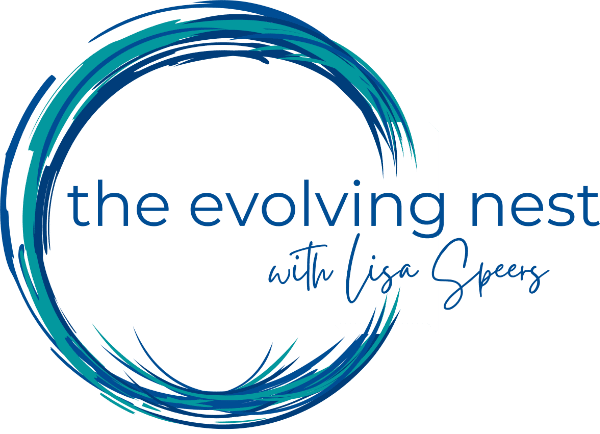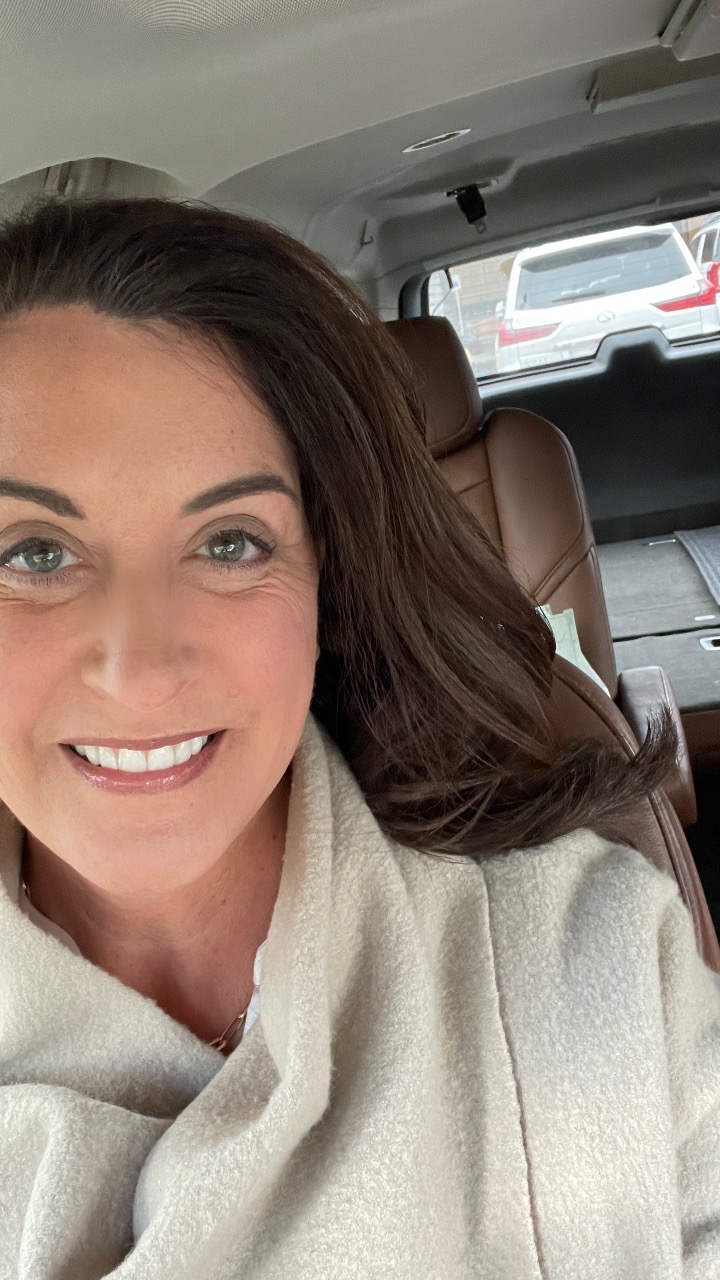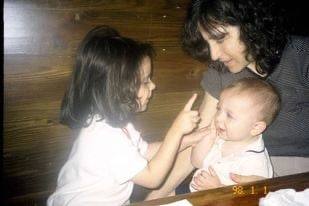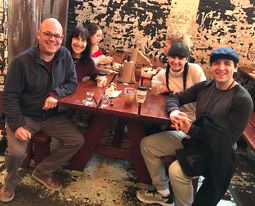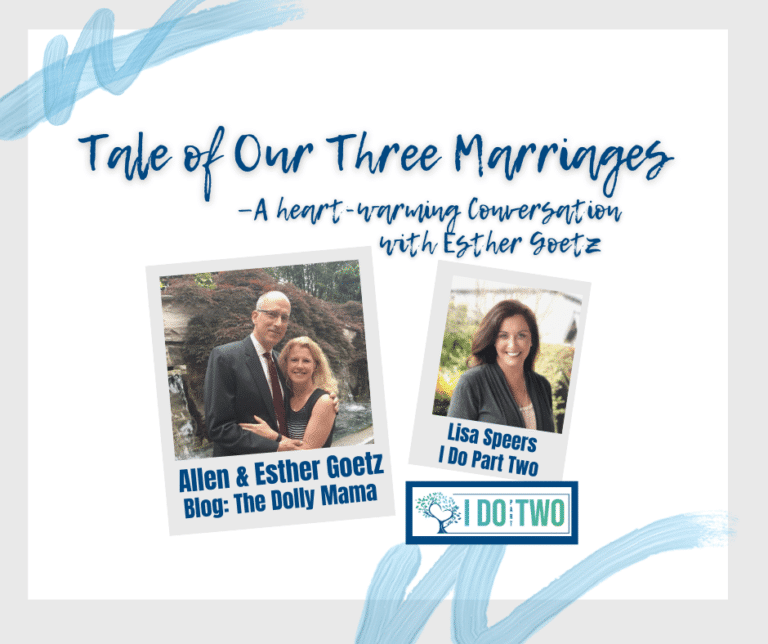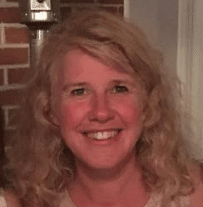
A few weeks ago, we took our youngest child to college. I confess I started counting down the weeks to that moment even as the summer days appeared endless.
This transitional season brought with it plenty of questions and grief for me. While I knew my son’s new place of residence was where God wanted him, I wasn’t ready to let him go. It meant recognizing the end of a parenting season, a change in our relationship, and a noticeable absence in our home. However, I clung to my long-held faith that he is God’s child first. Releasing him for God’s purposes is part of parenting.
So on move-in day, we drove those three and a half hours to a city with which our family is not familiar. It is nowhere near either my husband’s or my hometown. No relatives live there. It is a small town and agricultural and we are used to the city and suburbia. Three and a half hours felt like a way longer trip into foreign territory.
After moving him into his huge dorm in the middle of unfamiliar land and saying our goodbyes, we made the trek back home. Understandably, the sobbing commenced as I made a beeline for the car. The ride home felt just as long as the ride there.
As the flood of both emotions and tears continued, I wondered. Why did this trip feel so long when my own hometown is about the same distance? My oldest son goes to school there but it does not feel so far. How does releasing your child in an unfamiliar place equally far away feel so different?
I think of all the parents around the world releasing their kids at various times for God’s purposes. Some of those places are way farther than three and a half hours. I remember the mothers in scripture who did so not knowing how deep in their souls that separation would later feel. Their narratives have been lifted up by me as inspirational. But now I sit with them. I feel their conflicting emotions more than I could have expected.
Leaving our kids in a foreign place feels counter instinctual.
Our whole lives we sought to straddle the line of protection and empowerment. Of course, we know that it will all come to fruition at that moment far down on the horizon. And then we realize it has arrived. All that we believe about God, provision, protection, and purposes looms in front of us.
Those goodbye hugs symbolize all that we have known all along. There is a time to hold tightly and a time to let go. Releasing from the embrace, I watch him walk towards his home. And my husband and I go towards ours. In all of it, I know that it’s where we are all supposed to be.
*Photo courtesy of Canva
LoveCommentShare
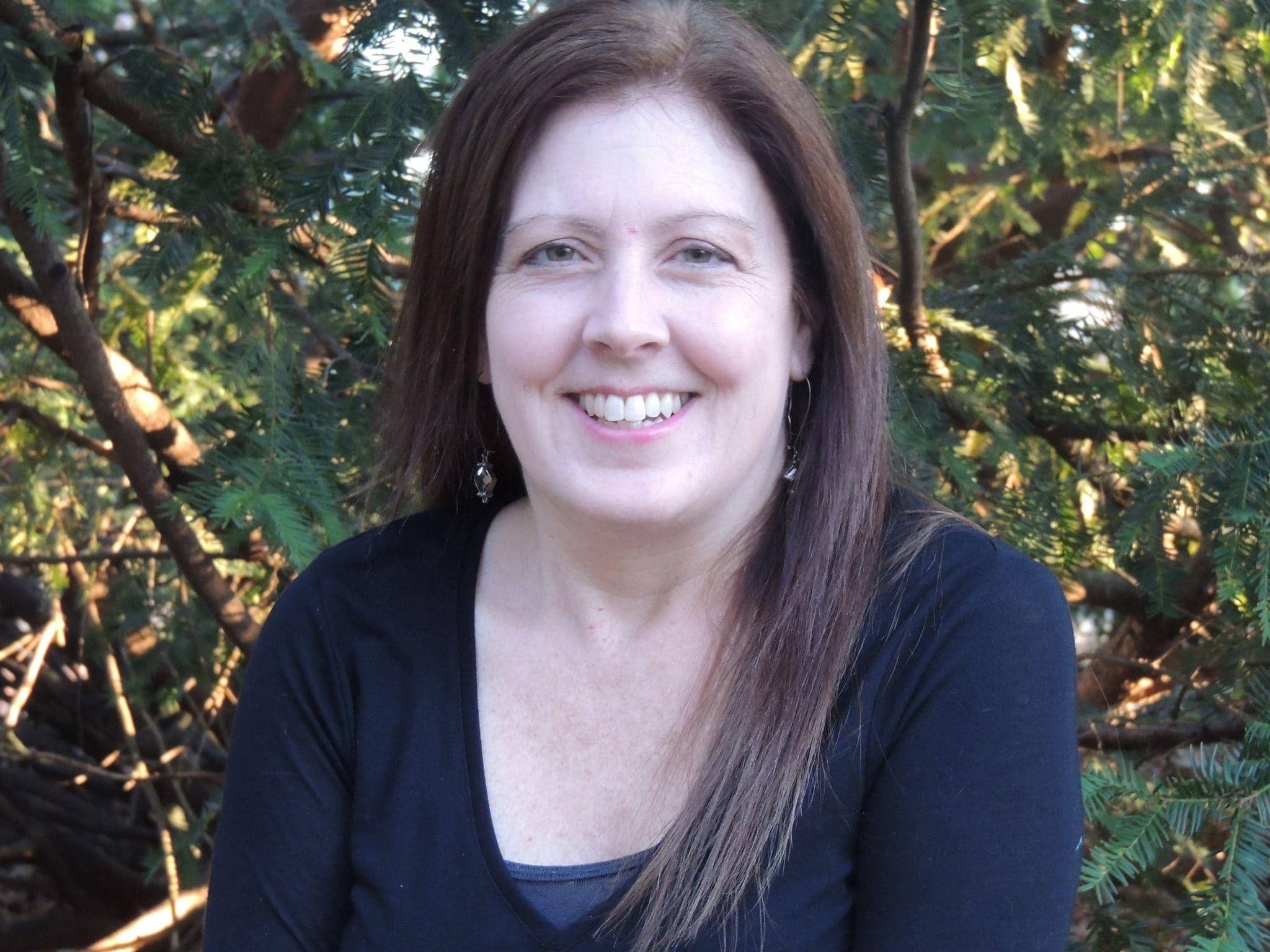
Stephanie J. Thompson is an ordained pastor, speaker, writer, and mental health advocate. She is a member of the Redbud Writers’ Guild, and her pieces have appeared on various sites including The Redbud Post, Her View From Home, The Mighty, and Perennial Gen. Stephanie resides in the south suburbs of Chicago with her husband and three young adult children. A few of her favorite things include beaches, historical fiction, and iced coffee. When all three line up, she is in her happy place.
She blogs at http://stephaniejthompson.com/ and can be followed on Twitter @s2thomp and Facebook: Stephanie J. Thompson Speaker and Writer
